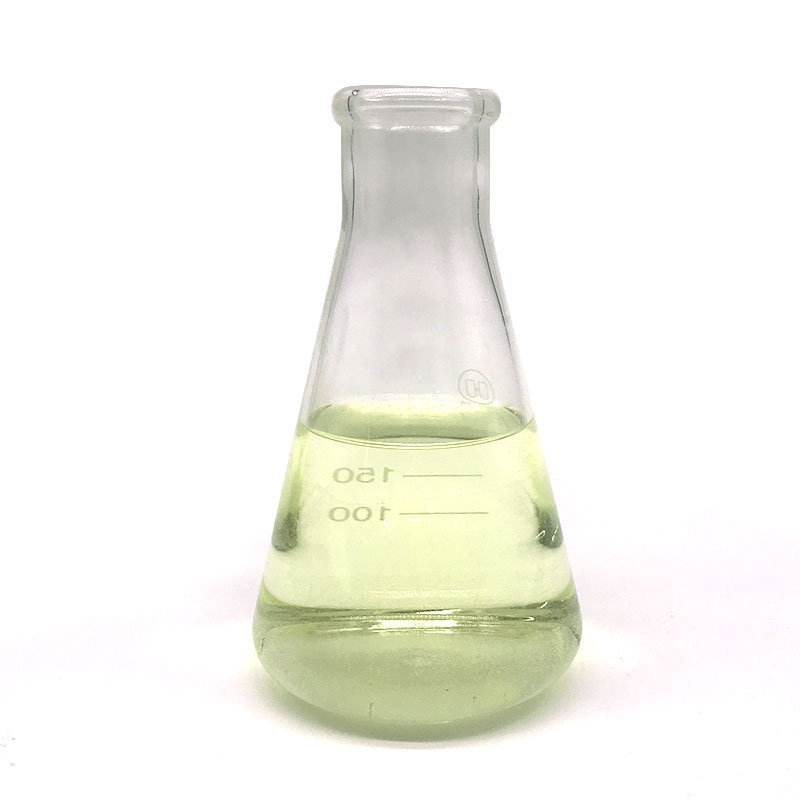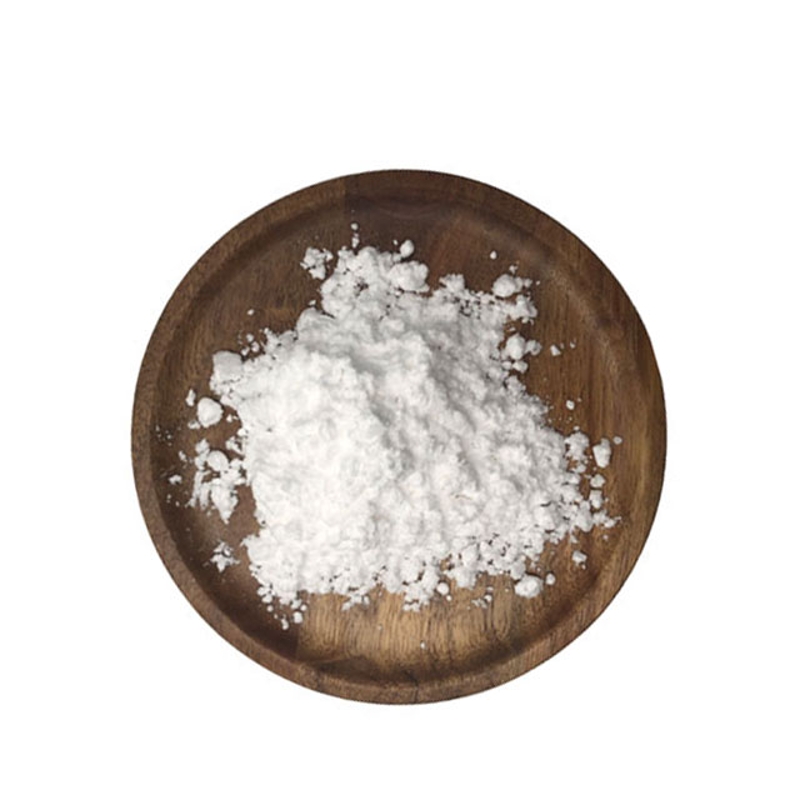What changes have taken place in the treatment of rare diseases in the past decade?
-
Last Update: 2020-01-10
-
Source: Internet
-
Author: User
Search more information of high quality chemicals, good prices and reliable suppliers, visit
www.echemi.com
According to the World Health Organization, rare diseases are not rare: there are about 5000-8000 kinds of rare diseases worldwide Together, the total number of these patients is close to 400 million That is to say, in less than 20 people around us, there is one patient with a rare disease Unfortunately, in so many rare diseases, less than 10% have approved treatment drugs or programs However, with the deepening understanding of rare diseases, the strong support of regulatory policies, and the high attention of R & D enterprises, the treatment pattern of rare diseases in the world has changed dramatically in the last decade In today's article, the content team of Wuxi apptec will take the FDA's "orphan drug design" as the starting point to talk with readers about the positive progress over the years Once upon a time, rare diseases were synonymous with "incurable" Before the introduction of the orphan drugs act in 1983, there were only 10 kinds of rare disease drugs on the market in 10 years During the period from January 1, 1983 to October 31, 2019, the official database shows that the FDA issued 5219 "orphan drug qualifications" (Note: the same drug / therapy can obtain multiple orphan drug qualifications for different indications), and the number of drugs finally approved is 843, which is quite different It is worth mentioning that under the research and development boom of orphan drugs, the enthusiasm of the industry for rare diseases is maintaining at a high level In the past 10 years, the number of "orphan drug qualifications" issued by FDA has been increasing year by year at a compound annual growth rate of 7% In 2017, the number reached a record high, reaching 477, 2.5 times higher than that in 2010 It can be seen that more and more innovative drug research and development are focused on the field of rare diseases The number of drugs approved for marketing with "orphan drug qualification" increased rapidly at a compound annual growth rate of 16% In 2018, there were 94 drugs (Note: for different indications, one drug can be approved several times) In 2019, the number also reached 75 Since 2010, the U.S FDA has approved a total of 380 new drugs on the market, an increase of 60% compared with the previous decade (the new drugs included NME approved by CDER, gene therapy, cell therapy and recombinant vaccine approved by CBER) Among them, 165 new drugs have been approved as orphan drugs, accounting for 43% of the total number of FDA approved new drugs in the past decade In the past 10 years, the number of FDA new drugs approved has been increasing year by year at a compound annual growth rate of 7% At the same time, the number of new drugs eligible for orphan drugs has been increasing rapidly at a compound annual rate of 14% The proportion of orphan drugs has been rising every year In 2018, it has set a record high, and the proportion of orphan drugs has reached 58% In the past 10 years, there have been 54 FDA new drugs with both breakthrough therapy and orphan drug qualification, covering 42 kinds of diseases We found that many refractory rare diseases have achieved a breakthrough in treatment For example, among the 121 kinds of diseases listed in China's first list of rare diseases, 11 kinds of rare diseases have received FDA approval, with a total of 15 new drugs, and 70% of the time to market are concentrated In 2017 and 2018, we witnessed the great effect of accelerating the application of new drugs for orphan disease or rare disease In the catalogue of the first batch of rare diseases in China, 11 kinds of rare diseases have been listed as new drugs approved by FDA (data source: public information, content team drawing of Wuxi apptec) To sum up, in the past 10 years, the field of treatment of rare diseases has a gratifying development Both the number of approved drugs and the enthusiasm of pharmaceutical companies for research and development remain high But we also need to realize that there are a large number of rare diseases and a large number of gaps that need to be innovated and broken through This has also left a huge development space for many traditional pharmaceutical companies that develop small molecule drugs and biological products, or for biotechnologies that specialize in gene therapy We look forward to more rare disease treatment drugs in the future to benefit patients with rare diseases around the world Note: the purpose of this article is to introduce the progress of medical health research, not to recommend the treatment plan For guidance on treatment options, please visit a regular hospital Data source: number of instant drugs, FDA website reference material: [1] Ge Lin, Wei Cuijie, Shi lvwen, et al (2018), research on drug use of rare diseases in China, Beijing medicine, DOI: CNKI: Sun: BJYX 0.2018-05-016 Original title: what changes have taken place in the treatment of rare diseases in the past decade? A kind of
This article is an English version of an article which is originally in the Chinese language on echemi.com and is provided for information purposes only.
This website makes no representation or warranty of any kind, either expressed or implied, as to the accuracy, completeness ownership or reliability of
the article or any translations thereof. If you have any concerns or complaints relating to the article, please send an email, providing a detailed
description of the concern or complaint, to
service@echemi.com. A staff member will contact you within 5 working days. Once verified, infringing content
will be removed immediately.







